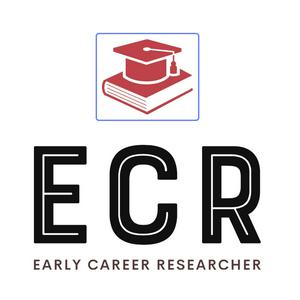Charlie and Rosie return in our latet episode, where we are joined by our mutual friend, Rob, to talk about a not very exciting but very important job: making an index for your book.
Anyone who has written their own book or anyone who has produced an edited volume, will be familiar with the dreaded INDEX. These days, authors and editors are usually responsible for producing their own index. This may sound like a simple task, but you may be surprised at how tricky and time consuming it can actually be.
As academics, we aren’t always aware of what an index is actually for and what role it plays in the publishing process. So we thought we would ask Rosie (our resident publishing expert), some questions, including:
- What is an index FOR?
- How does the process of making an index work? (What do publishers ask for, and do they give any help?)
- What makes a good and a bad index for a publisher?
- How have we, as academics, found the process of prudicing our index?
Please do 'like', and follow/subscribe to the podcast, and feel free to offer your feedback and comments (reviews increase our visibility, so please do leave us your thoughts). You can follow us on BlueSky @ecrpodcasters


